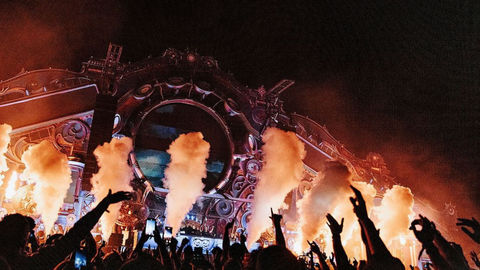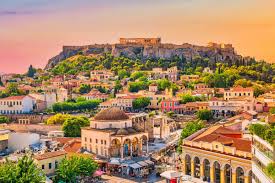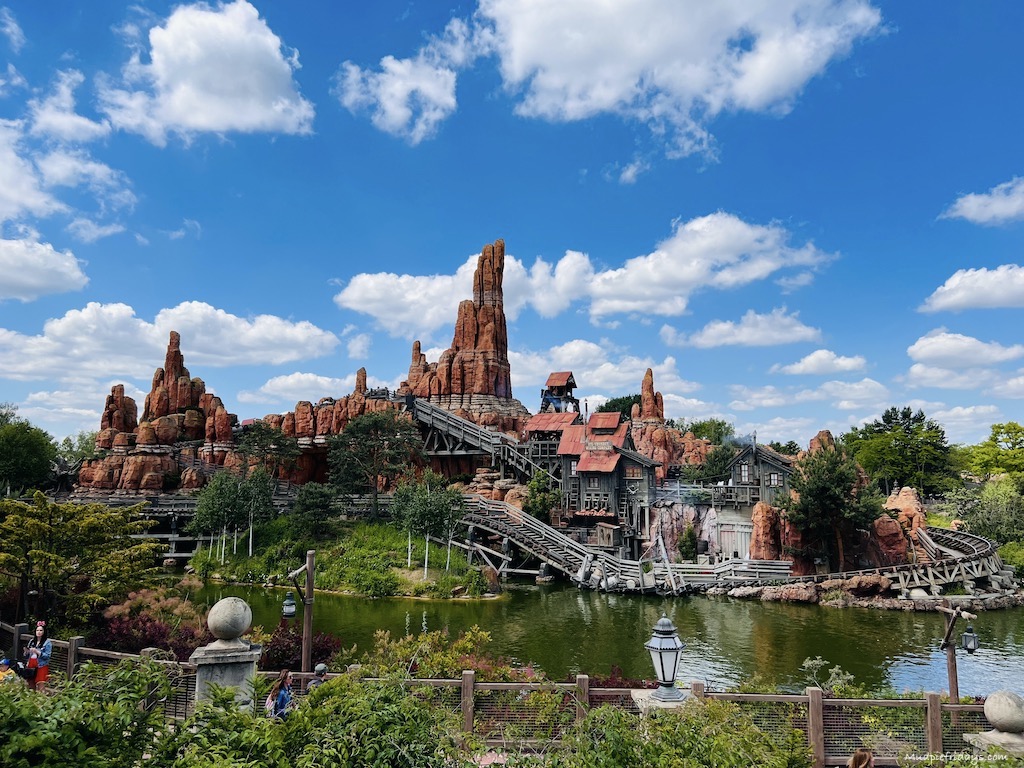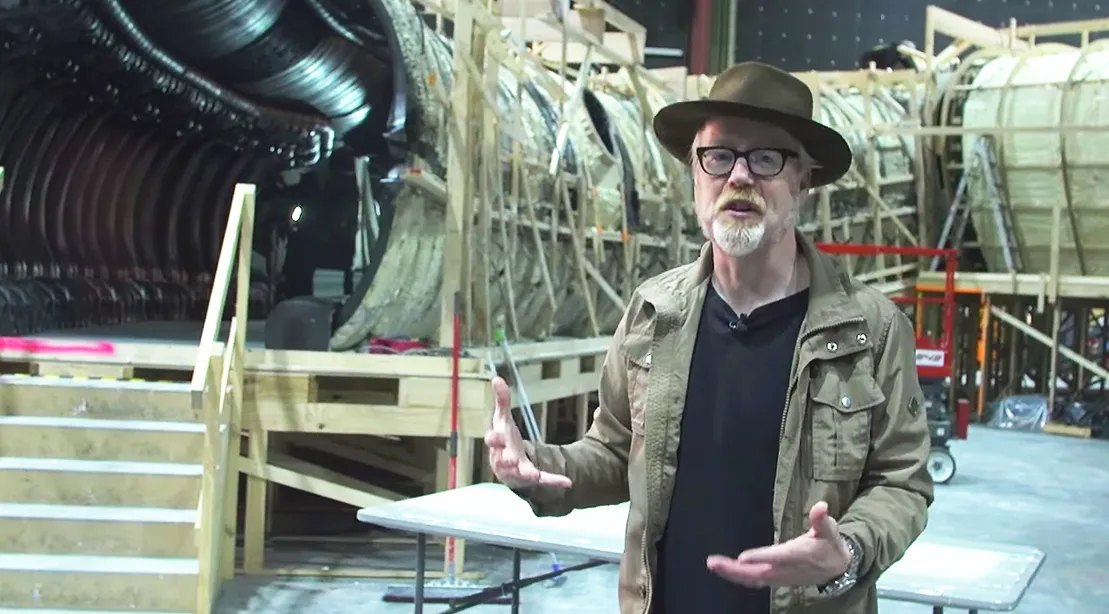Legendary Music Festivals Across The Globe
Music festivals have long been a cornerstone of the cultural landscape, offering attendees unforgettable experiences filled with music, community, and often, a touch of magic. From the iconic Woodstock to the pulsating Coachella, these events transcend mere concerts; they become cultural touchstones and milestones in music history. Let’s embark on a journey through some of the most legendary music festivals across the globe, exploring their origins, evolution, and enduring impact on music and society.
1. Woodstock Festival (1969)
The Woodstock Festival, held in August 1969 in Bethel, New York, is perhaps the most iconic music festival of all time. It symbolized the counterculture movement of the 1960s and is synonymous with peace, love, and music. Originally billed as “An Aquarian Exposition: 3 Days of Peace & Music,” Woodstock drew an unexpectedly massive crowd of over 400,000 people. Artists like Jimi Hendrix, Janis Joplin, The Who, and Santana performed, solidifying its place in music history.
2. Glastonbury Festival (Since 1970)
Glastonbury Festival, held annually in Somerset, England, is one of the largest and most famous music festivals in the world. Founded by Michael Eavis, the festival started in 1970 and has since grown to encompass a wide range of musical genres, including rock, pop, electronic, and more. What sets Glastonbury apart is its eclectic lineup and sprawling grounds, which create a unique atmosphere of creativity and celebration.
3. Coachella Valley Music and Arts Festival (Since 1999)
Coachella, held in Indio, California, has become a cultural phenomenon since its inception in 1999. Known for its star-studded lineups and influence on fashion and art, Coachella merges music with visual arts, attracting not only music enthusiasts but also celebrities and influencers. Its impact on popular culture and the music industry is undeniable, making it a must-attend event for many.
4. Tomorrowland (Since 2005)
Tomorrowland, held in Boom, Belgium, is renowned for its elaborate stage designs, immersive experiences, and electrifying EDM (Electronic Dance Music) performances. Founded in 2005, Tomorrowland has grown into one of the largest electronic music festivals globally, attracting top DJs and fans from around the world. Its fantasy-themed stages and attention to detail create a magical atmosphere that keeps attendees coming back year after year.
5. Reading and Leeds Festivals (Since 1961)
The Reading and Leeds Festivals, held simultaneously in England, are among the oldest and most respected festivals in the world. Originally focused on rock music, the festivals have diversified their lineups to include various genres like indie, hip-hop, and electronic music. Known for their energetic crowds and historic performances, Reading and Leeds continue to be a rite of passage for music fans in the UK and beyond.
6. Burning Man (Since 1986)
Burning Man, held annually in Nevada’s Black Rock Desert, is more than just a music festival; it’s a temporary city dedicated to community, art, self-expression, and self-reliance. Founded in 1986, Burning Man has evolved into a cultural phenomenon where attendees (called “Burners”) create art installations, share experiences, and participate in a week-long celebration of creativity and inclusion. While not solely focused on music, Burning Man features unique performances and musical collaborations that add to its allure.
Also Read: The Beauty and Diversity of Cultural Expressions
7. Roskilde Festival (Since 1971)
Denmark’s Roskilde Festival is one of Europe’s largest music festivals, known for its diverse lineup and commitment to social responsibility. Founded in 1971, Roskilde attracts top international acts and emerging artists across genres like rock, pop, hip-hop, and electronic music. Beyond music, the festival supports various cultural initiatives and charities, emphasizing sustainability and community engagement.
8. Lollapalooza (Since 1991)
Lollapalooza began as a touring festival in 1991 before finding a permanent home in Chicago’s Grant Park. Known for its alternative rock roots, Lollapalooza has expanded to include a wide range of genres, from indie to hip-hop to EDM. Its influence on American music festivals is significant, shaping the way modern festivals curate their lineups and engage with diverse audiences.
9. Sziget Festival (Since 1993)
Hungary’s Sziget Festival, held on Budapest’s Óbuda Island, has grown into one of Europe’s largest and most vibrant music festivals. Starting in 1993 as a small student gathering, Sziget now spans multiple days and features diverse music genres, art installations, and cultural programs. It has become a melting pot of international performers and attendees, fostering a sense of unity and celebration.
10. Electric Daisy Carnival (EDC) (Since 1997)
EDC is one of the world’s largest electronic dance music festivals, held primarily in Las Vegas but with editions in other cities as well. Founded in 1997, EDC is known for its elaborate stage productions, carnival rides, and non-stop EDM performances from top DJs. It has become a pilgrimage for dance music fans worldwide, embodying the euphoria and energy of electronic music culture.
Recommend: Top 10 Countries to Visit for Tourism
Impact and Cultural Significance
These festivals, among others not mentioned, have significantly shaped the music industry and global culture. They provide platforms for artists to reach vast audiences, showcase emerging talent, and push artistic boundaries. Moreover, they foster communities where like-minded individuals can come together to celebrate music, art, and creativity.
Conclusion
Music festivals are more than just gatherings; they are transformative experiences that leave lasting impressions on attendees and performers alike. Whether it’s the historical significance of Woodstock, the creative energy of Burning Man, or the star-studded spectacle of Coachella, each festival contributes uniquely to the cultural fabric of our world. As these events continue to evolve and adapt to changing times, one thing remains constant—their ability to inspire, unite, and celebrate the power of music.




